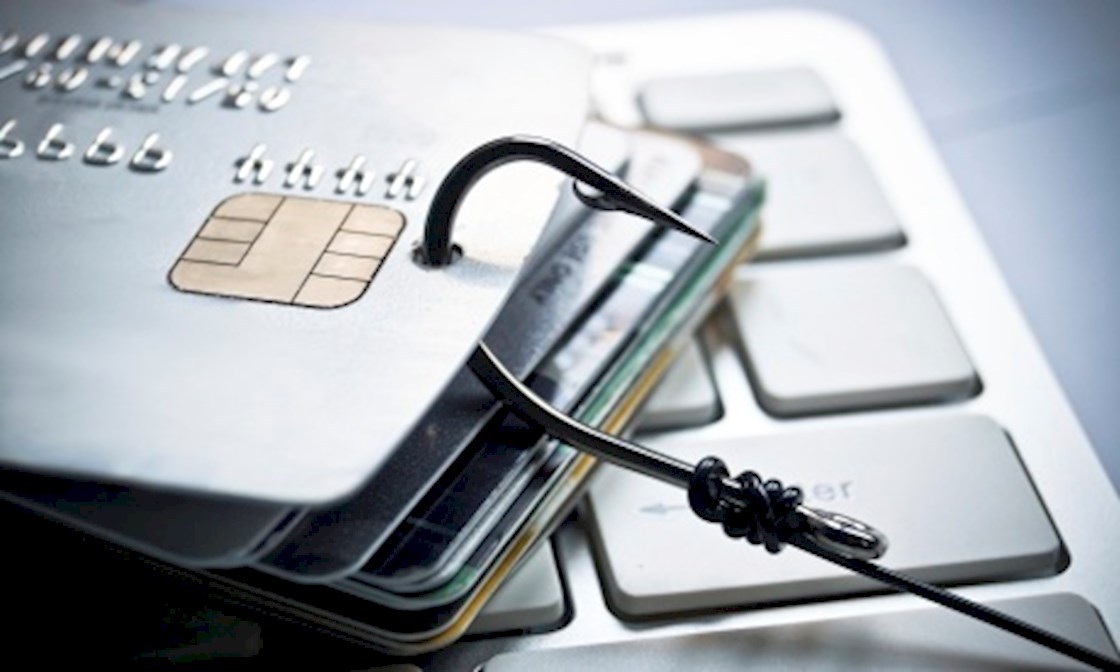[dropcap]A[/dropcap] direct debit is something which makes collecting payments due from your customers and clients an absolute breeze; it is a completely automated process which transfers funds from their bank account to yours on a specified date each month.
This is a service that’s essential to every business. If you want to learn more about how it works and why it’s necessary, read on!
#1: Direct Debits vs Standing Orders
When it comes to collecting payments, there is a major difference between doing it via direct debit or doing it via standing order.
A direct debit is something which you, the company, sets up, which is approved by your customer. It requires no action on behalf of the customer aside from approving it. When a direct debit mandate is signed, you have permission to continue collecting the specified amount on the specified date up until the direct debit is discharged or cancelled by your customer. If you need to increase the amount of the direct debit, you can simply send a letter or email to the customer in advance, letting them know of the increase. They can then accept it with ease, saving your staff a lot of time.
On the other hand, a standing order is something which a customer needs to set up with his or her bank. A standing order works much in the same way as a direct debit, transferring funds from their bank to yours on a specified date. This is most commonly used for things like rental payments as opposed to bills or other business transactions. Standing orders can be cancelled by the customer at any time by making a quick call to their bank or logging into their online account.
#2: Notifying Customers
Before you start taking direct debits from a customer, you must let them know in advance by giving them “Advance Notice”, which means that the customer must be informed about each payment prior to it being taken. If you are taking regular payments of a fixed amount (say £20.00 per month) this notice only needs to be given once, but if the payment amount varies then notification must be given either in writing or electronically prior to the funds being removed. Most companies will send out a bill prior to the date the money is debited so the customer can take a look at it and ensure it is correct.
The only way notice can be waived is if a customer expressly authorises you to immediately take a payment from their account. One example of when this might happen is when a customer is paying a direct debit of £80 a month for gas and electricity but they are using more than this. Upon notification, they may choose to make a lump sum payment to clear their account.
The payments that you take must also be correct in terms of the customer contract. You cannot, for example, notify a customer that their bill will be increasing to a set amount if they are on a fixed price contract with you.
If you are working with lots of different customers or clients who make monthly payments, you will need a service which enables you to collect direct debits; AccessPay have this solution and the direct debit collections process is very straightforward. Services such as AccessPay can manage direct debit processing for you, leaving you to concentrate on your business.
#3: Submitting Payment Requests
When the direct debit due date is coming up, payment requests are submitted via BACS to both your customer’s bank and your sponsor bank. When the date of the direct debit actually comes around, this money is then credited to your account and your customer’s bank account is debited. It’s a very simple system and payment requests submitted through BACS are secure and are only done through secure software which has been approved by BACS.
If you are a business who needs to collect regular payments from several different customers or clients, a direct debit collections service is exactly what you need. These services handle the whole process for you and make it as seamless as possible, with minimal input or intervention required by yourself, leaving you to get on with what matters – managing your company and leaving the collection of payments to somebody else.
By relying on direct debits, you are safe in the knowledge that you should always be paid in full and on time, eliminating the need to chase customers for missed payments.







